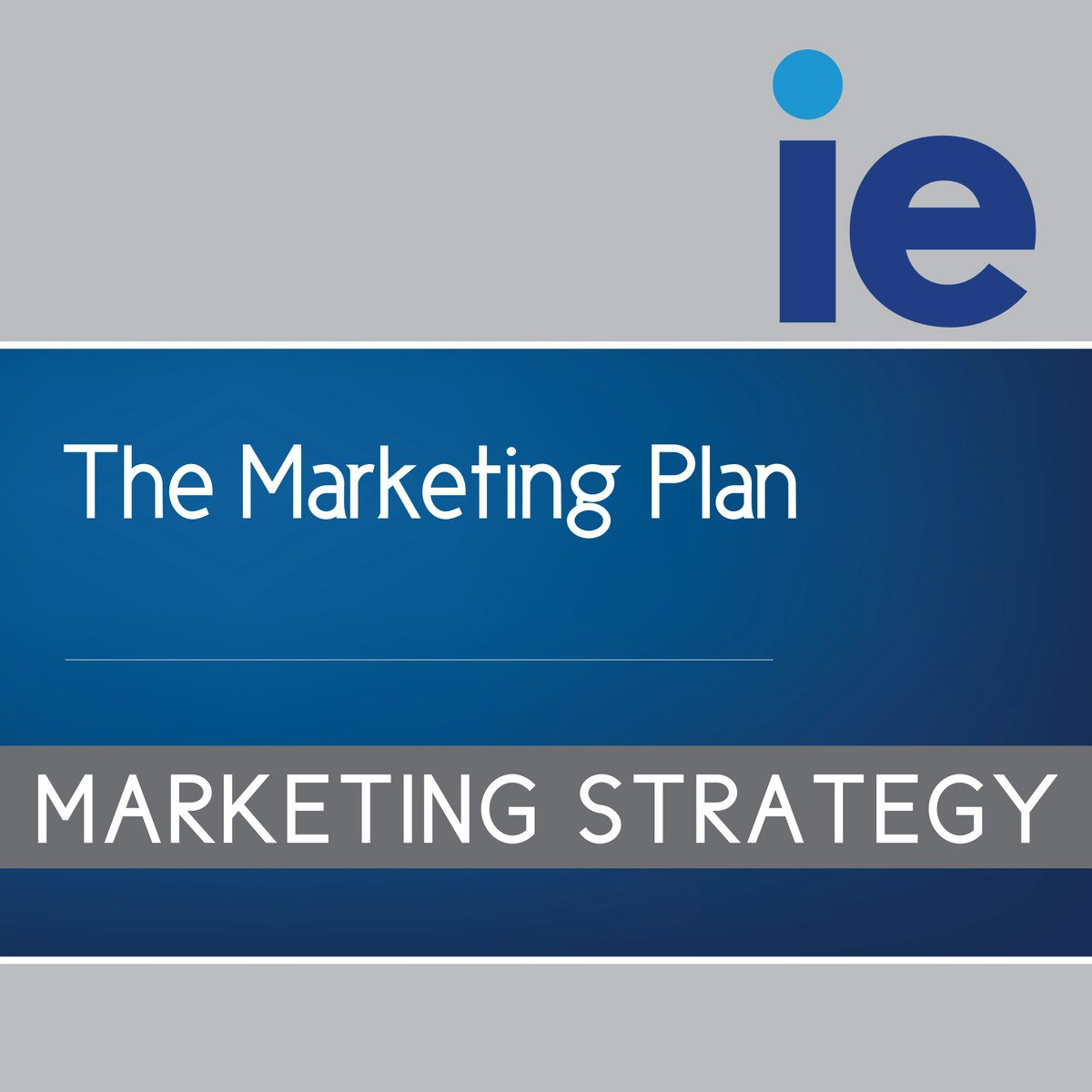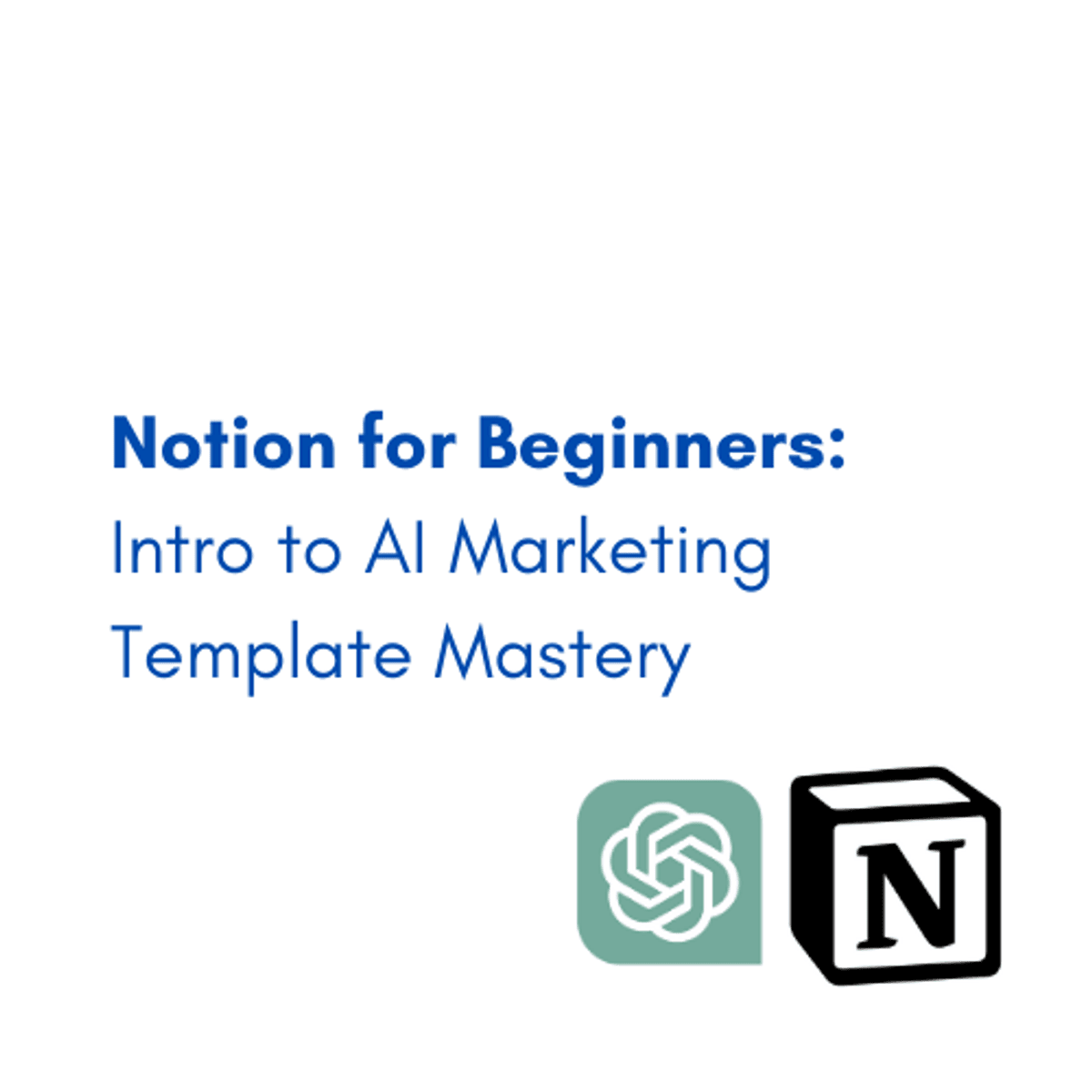"Marketing is no longer about the stuff that you make, but about the stories you tell." - Seth Godin
Strategic marketing has become the cornerstone of sustainable business growth. For executives, business owners, and product managers, understanding marketing strategy isn't just about promoting products—it's about creating lasting value and driving meaningful business outcomes.

The Evolution of Strategic Marketing: A New Business Imperative
The marketing landscape has undergone a seismic shift in recent years. While traditional marketing principles remain relevant, the digital revolution has fundamentally changed how businesses connect with customers and measure success.
Today's strategic marketing combines time-tested frameworks with data-driven decision-making. It creates a powerful approach to business growth that transcends conventional advertising and promotion.
For business leaders and career switchers alike, this transformation presents both challenges and opportunities. The most successful organizations now treat marketing as a core business function. They understand that marketing drives innovation, shapes product development, and creates sustainable competitive advantages.
This integrated approach requires leaders to develop a comprehensive understanding of both foundational marketing principles and emerging digital capabilities.
The essential skills for modern marketing leadership fall into several key categories that business leaders must master:
- Strategic Planning and Market Analysis - Understanding market dynamics, competitive positioning, and customer segmentation to develop actionable growth strategies
- Digital Marketing Integration - Leveraging digital channels effectively while maintaining consistent brand messaging across all touchpoints
- Data-Driven Decision Making - Using analytics and market research to inform strategy and measure ROI
- Customer Experience Design - Creating cohesive customer journeys that align with business objectives
- Communication and Storytelling - Crafting compelling narratives that resonate with target audiences and drive engagement
Beyond these core competencies, career switchers should focus initially on developing a strong foundation in marketing fundamentals while simultaneously building practical digital skills. This dual approach ensures both strategic thinking capabilities and tactical execution abilities—a combination that's particularly valuable in smaller organizations where leaders often wear multiple hats.
The rapid pace of change in marketing has made continuous learning essential.
Online courses have emerged as a flexible, practical way for busy professionals to develop these crucial skills while maintaining their current responsibilities. Through carefully selected courses, business leaders can build the strategic marketing capabilities needed to drive growth, without the time commitment of traditional education programs.
Selecting the Right Marketing Education Path
The abundance of online marketing courses can seem overwhelming, but business leaders should approach their learning journey strategically. The key is to select courses that align with both immediate business needs and long-term strategic goals.
For most business leaders and product managers, the learning pathway should begin with comprehensive strategy courses that provide a strong theoretical foundation, followed by specialized courses that address specific business challenges or opportunities. This approach ensures you can both develop high-level strategic thinking and acquire practical implementation skills.
Core Strategy Courses
Ideal for business leaders seeking a comprehensive understanding of value creation and strategic marketing frameworks. This course emphasizes how marketing strategy integrates with overall business objectives.
A good introduction for executives looking to understand how digital transformation impacts marketing strategy and business growth.
A practical course focused on creating comprehensive marketing plans, essential for business owners and product managers.
Analytics-based courses
A comprehensive series of courses for understanding how to measure marketing effectiveness and make data-driven decisions. Taught by industry practitioners from Aptly and Meta.
Another excellent series of courses designed to help leaders and product owners understand how to interpret customer data and derive actionable insights.
For entrepreneurs and innovators
Explores how digital transformation is reshaping marketing strategy and business models.
Specifically designed for business owners and entrepreneurs looking to develop effective marketing strategies with limited resources.
Building a Strategic Marketing Skill Set
The journey to marketing mastery requires more than just course completion—it demands practical application and strategic integration of learned concepts. Business leaders should focus on developing three core areas:
- Strategic Thinking and Planning Modern marketing leadership requires the ability to see the big picture while understanding how individual marketing activities contribute to overall business objectives. This includes developing skills in market analysis, competitive positioning, and long-term planning.
- Technical and Analytical Capabilities Today's marketing decisions must be grounded in data. Leaders need to understand how to use analytics tools, interpret data, and make informed decisions based on concrete evidence rather than intuition alone.
- Implementation and Execution Excellence The ability to turn strategy into action is crucial. This includes understanding how to manage marketing projects, coordinate cross-functional teams, and ensure consistent execution across all marketing channels.
The most effective learning approach combines structured online courses with practical application in your current role. This might mean taking on additional marketing responsibilities, leading specific marketing initiatives, or applying new concepts to existing projects.
Measuring Marketing Success: Metrics That Matter
For business leaders, understanding how to measure marketing effectiveness is crucial for justifying investments and optimizing strategies. While traditional metrics like market share and revenue growth remain important, the digital age has introduced new ways to measure marketing impact across the customer journey.
Effective measurement begins with aligning marketing metrics to business objectives. Different organizations will prioritize different metrics based on their growth stage, market position, and business model. However, modern marketing measurement typically spans four key dimensions:
- Customer Acquisition and Growth Beyond simple lead generation numbers, sophisticated marketing organizations track customer acquisition costs (CAC), lifetime value predictions, and conversion rates across different channels. Understanding these metrics helps leaders optimize their marketing investment and focus on the most profitable customer segments.
- Brand Health and Market Position Modern brand measurement combines traditional awareness metrics with digital indicators like share of voice, sentiment analysis, and brand engagement metrics. These measurements help leaders understand how their brand resonates with target audiences and where positioning adjustments might be needed.
- Marketing ROI and Financial Impact Marketing's contribution to revenue must be measurable and demonstrable. Advanced attribution modeling and multi-touch analytics help leaders understand how different marketing activities contribute to financial outcomes, enabling more informed budget allocation decisions.
- Customer Engagement and Experience Digital platforms provide unprecedented insight into how customers interact with your brand. Engagement metrics, customer satisfaction scores, and behavioral analytics help leaders understand the effectiveness of their marketing efforts in building lasting customer relationships.
Many of the online courses featured in our recommendations will at least touch on some of these topics. If you're particularly interested in measurement, however, we encourage you to invest your time in the courses above for analytics and insights.
Additionally, you may wish to look into courses specifically focused on marketing and data analysis:
Future-Proofing Your Marketing Strategy
The pace of change in marketing continues to accelerate, driven by technological advancement and evolving consumer behavior. Business leaders must stay ahead of these trends while maintaining focus on fundamental marketing principles.
Several key trends are reshaping strategic marketing:
- AI and Automation in Marketing
- Privacy-First Marketing Approaches
- Sustainable and Purpose-Driven Marketing
- Hyper-Personalization at Scale
- Integration of Marketing and Customer Experience
These trends don't just represent new tactical opportunities—they're fundamentally changing how businesses approach marketing strategy. Leaders must understand both the potential and limitations of new marketing technologies while ensuring their organizations maintain the agility to adapt to changing market conditions.
Courses that can help you stay ahead on the AI front include:
The Path Forward: Continuous Learning and Adaptation
Success in strategic marketing requires a commitment to continuous learning and adaptation. The most effective leaders combine structured learning through online courses with practical application and experimentation in their organizations.
Organizations that view marketing as a strategic function rather than just a tactical one are better positioned to create sustainable competitive advantages. This requires leaders who understand both the fundamentals of marketing strategy and the potential of new marketing technologies and approaches.
The journey to marketing excellence is ongoing. As you progress through your learning journey, remember that the goal isn't just to acquire knowledge—it's to develop the strategic marketing capabilities that will drive sustainable business growth.

































